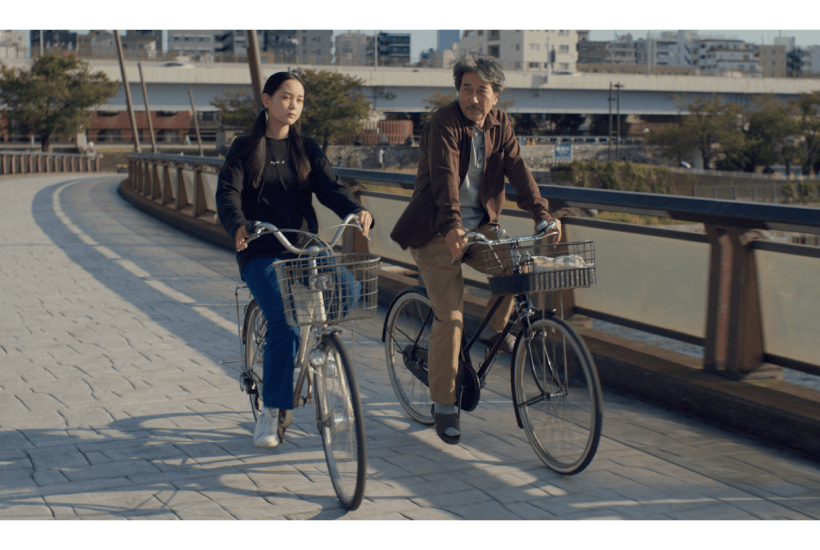Wim Wenders’s Perfect Days is a film about a Tokyo public toilet cleaner and if the gentle, meditative narrative doesn’t grab you, the toilets almost certainly will. (Trust me. They’re incredible.)
It stars Koji Yakusho and, as much as it is set in Tokyo, it is also set on Yakusho’s face, which is so expressive and open that it’s capable of conveying depths of emotion even when in repose.
Already a subscriber? Log in
Subscribe for just $2 a week
Try a month of The Spectator Australia absolutely free and without commitment. Not only that but – if you choose to continue – you’ll pay just $2 a week for your first year.
- Unlimited access to spectator.com.au and app
- The weekly edition on the Spectator Australia app
- Spectator podcasts and newsletters
- Full access to spectator.co.uk
Or
Unlock this article
You might disagree with half of it, but you’ll enjoy reading all of it. Try your first month for free, then just $2 a week for the remainder of your first year.








Comments
Don't miss out
Join the conversation with other Spectator Australia readers. Subscribe to leave a comment.
SUBSCRIBEAlready a subscriber? Log in